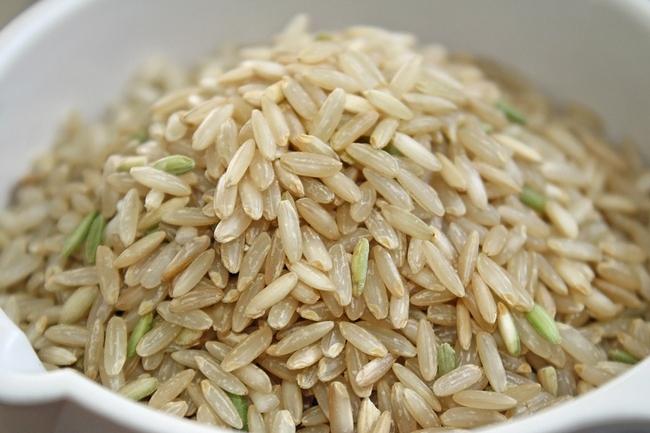- Make It Yourself Lavender Heart-Shaped Bath Bombs!
- 20 Things You Never Knew About “Down There”
- 12 Best Foods For Those Suffering From Arthritis Pain
- 12 Personal Hygiene Mistakes Almost Everyone Makes (Mom Never Told You About #4!)
- 15 Medicinal Plants And Herbs From The Cherokee People
- 12 Mind-Blowing Benefits Of Drinking Coconut Water During Pregnancy
- 12 Outstanding Winter Foods That Won’t Fatten You Up Like A Christmas Turkey
8 Foods That Should Never Ever Be Reheated (#4 – Who Knew?)

Photo credit: bigstock.com
3. Mushrooms
Of the eight foods on this list, mushrooms present the biggest health risk. Mushrooms are often added to many cooked dishes, but they should be eaten immediately or consumed cold the next day. Once heated, mushrooms change in their physical composition. They not only have a definite change in flavor, but they can cause you severe digestive problems. If they are a part of a dish, remove them before reheating.
SEE ALSO: Ten Mushrooms that Prevent Disease and Stop Cancer
4. Rice
Reheating rice has been the subject of debate for eons. The problem with reheating rice is what happens after the rice has been cooked to begin with. Many people believe that since rice contains no fat or animal meat, it can be left out on the counter. Some people even leave rice dishes out on the counter or on the stove all night. Once cooked rice is left sitting out at room temperature for long periods of time, it tends to grow a very dangerous type of bacteria that causes symptoms of food poisoning. If rice is stored in the refrigerator, then there are no issues with reheating it. Never leave rice sitting out for more than an hour. Refrigerate it promptly, or throw it out!
5. Celery
Although most people store celery in their refrigerator and eat it fresh, sometimes celery is used in soups or casseroles. Just like spinach, once celery is heated it releases nitrates when it is cooled and then reheated. If you put celery in a soup or casserole dish, eat the entire dish or throw the leftovers in the trash.
Continue to Page 3
































